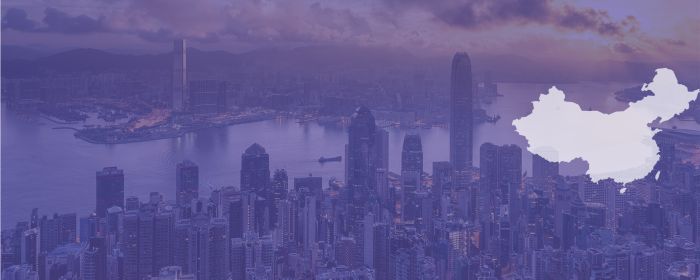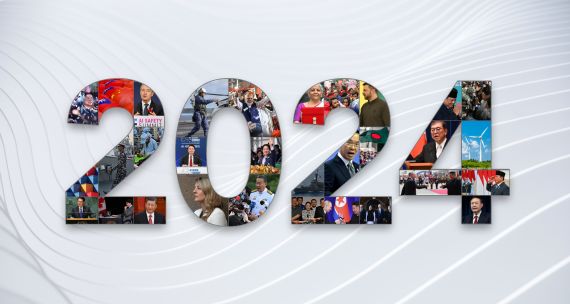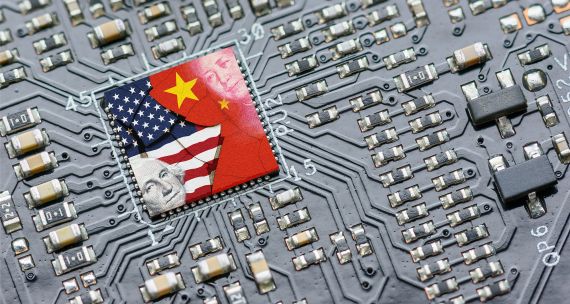The Takeaway
Hong Kong is planning a series of reforms for its district councils (DCs) aimed at ‘de-politicizing’ these bodies and pivoting their focus to community-level issues. The overhaul effectively amplifies the city government’s influence during local elections and gives Hongkongers less of a say at the ballot box, which may overshadow the government's promise of “increased efficiency.”
In Brief
Hong Kong’s Chief Executive John Lee said on May 2 that the city’s 18 DCs will undergo major structural reforms heading into the November 2023 elections. According to Lee’s proposal, the public can vote or compete for 88 of the 470 seats. This is down from 452 competitive seats in the 2019 election.
Under the new system, the government will appoint 179 members, while government-affiliated local committees, namely the area committees, fire safety committees, and ‘fight-crime’ committees, will decide on 176 seats. Incumbent chiefs of the 27 rural committees will remain district councillors that represent the Heung Yee Kuk (HYK, or rural councils). Once the plan is passed in the Legislative Council, expected by July 2023, any candidate eyeing one of the 176 committee seats will need to secure nine nominations — three each from the three committees.
Candidates running for any of the 88 competitive seats must gather 50 nominations from local residents, in addition to the nine from these three committees. Under the new structure, 44 two-member constituencies will replace the current 452 electoral single-member districts. Meanwhile, the government said it will scan winning candidates’ backgrounds before approving them, and "follow up" with members who "fail to meet public expectations" in the new term.
Vowing to put DCs "back on track," Lee told reporters that the reform would prioritize national security, ensure that "patriots rule," and exhibit "executive dominance" to better address residents’ needs. Lee rejected the idea that "competitive elections generate good governance," and argued that crackdowns against "anti-China rioters" at the council level is necessary for Hong Kong’s long-term stability.
Implications
This latest move reflects the Hong Kong government’s desire to set up pro-establishment dominance in DCs. The government seeks to ‘de-politicize’ these bodies and reconcile government-council relations by blocking so-called 'unfriendly' motions.
On one hand, the proposed reforms could address existing issues at the DC level in fulfilling public service duties and responding to residents’ asks. Previously, some councillors were criticized for politicizing their platforms, spending time venting about personal political interests rather than serving constituents. Pro-Beijing politician Alice Mak, Hong Kong’s current secretary of home and youth affairs, called past DC formations a “show of politics” as political agendas “trumped . . . local livelihood issues.”
On the other hand, this electoral overhaul marks Beijing’s latest step in modifying Hong Kong’s institutional formation. Having witnessed the pan-democrats’ sweeping victory in the 2019 election and the anti-police motions passed by the Kowloon City district council in 2020, the city government has been desperate to purge “troublemakers” from Hong Kong’s legislative bodies. Pan-democratic DC members’ mass resignation in 2021, following the city government’s controversial requirement for all DC members to swear an oath declaring allegiance to the government and the Basic Law, prompted the government to spearhead a plan that would prevent paralysis in local councils.
The proposed reforms have prompted concerns. As the government now directly or indirectly decides on 382 non-elected DC seats — a significant increase from 27 seats in 2019 — and assigns DCs’ heads, public accountability and political representation in these bodies may weaken, according to critics. Some of the city’s pan-democrat figures have criticized the reforms, arguing they may lead to government interference and turn the merit-based election system into a connection-based system. Thanks to the reforms, DCs run the risk of being packed with pro-establishment individuals, who may be singularly focused on safeguarding national security.
What's Next:
-
New structure may hamper policy innovations
As many more DC seats are taken by government appointees, some are worried that the dominance of ‘rubber-stamp’ councillors will lead to a bureaucratic culture at the community level that prioritizes taking government orders and drowning out opposition voices over creating innovative policies and fighting for residents’ needs.
-
‘Community Care Teams’ likely to share burden
Starting with the Southern District on April 30, a new set of teams called Community Services and Community Care Teams will be set up across Hong Kong’s 18 districts in 2023. While authorities note that DCs are “consultative frameworks,” and the care teams are “service frameworks” focusing on supporting residents in need and relaying government information, many expect these new groupings to take over some tasks previously undertaken by DCs.
-
Perpetuating emigration trends
There is a risk that critics of the reforms — mostly young people and middle-class Hongkongers — may become disillusioned with Hong Kong’s political future and move away, as many did following the 2019 protests. If such a talent exodus sets in, Hong Kong’s economy (and its political dynamism) will suffer another hit.
-
Produced by CAST’s Greater China team: Maya Liu (Program Manager); Liam Lau (Analyst); Dustin Lo (Analyst).




